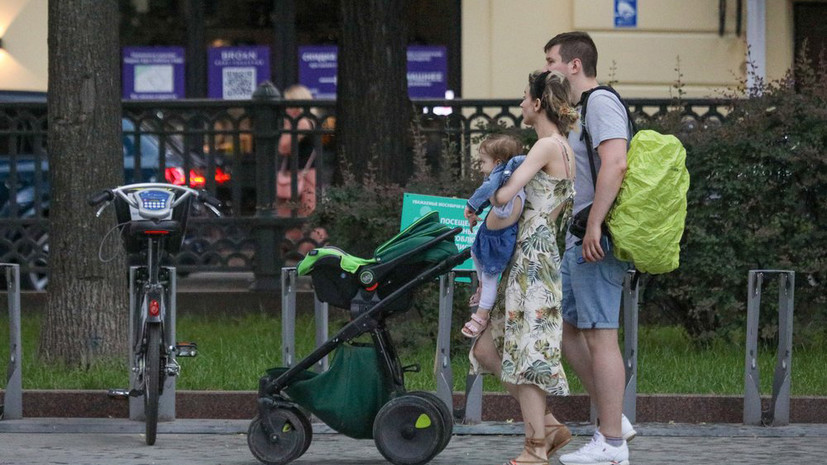A group of senators introduced to the State Duma a package of bills proposing to prohibit in Russia not only marriages between persons of the same sex, but also between citizens who had previously changed their sex. The authors of the bill were the head of the Provisional Commission of the Federation Council for preparing proposals to improve the Family Code, Elena Mizulina, senators Elena Afanasyeva, Alexander Bashkin, Rimma Galushina, Maxim Kavdzharadze and Lyudmila Narusova.
The document also proposes to prohibit these couples from adopting children.
“The bill terminates the practice of marriage between persons of the same sex, including sex-changing, and, accordingly, the adoption of such pairs of children,” TASS quoted the words of Elena Mizulina.
The senator explained that the proposed innovations are due to new provisions of the Constitution of the Russian Federation.
In particular, the agency cites an excerpt from the explanatory note, which states that the article of the Family Code as amended by the draft law specifies the constitutional provision, defining marriage as “a voluntary union of a man and a woman aimed at creating a family, the state registration of which is carried out by the civil registration authorities” . At the same time, article 14 of the code is supplemented by a provision prohibiting marriage between persons of the same sex.
In addition, one of the introduced bills provides for a reduction in the list of grounds for removing children from the family. As Mizulina explained, such an opportunity will be based only on a court decision on the deprivation or limitation of parental rights.
“The child’s removal (forced separation of the child from the parents) will be carried out only if the parents behave guilty on the basis of a court decision that has entered into force on the deprivation of parental rights or on their restriction by the bailiff with the participation of the guardianship authority and the person to whom the child is transferred,” clarified the senator.
According to her, the bill establishes a list of 11 grounds for recognizing a child as left without parental care, as well as an accurate list of documents confirming these grounds.
Thus, the deprivation of parental rights is allowed for two reasons - the entry into legal force of a guilty verdict of a court, an act of a court or a decision of an investigator to terminate criminal prosecution on non-rehabilitating grounds in relation to a parent who committed an intentional crime against life or health or against the sexual inviolability and sexual freedom of his children , of the second parent, spouse, against the life or health of another family member and the expiration of the term of restriction of parental rights established by the court, unless the court decides to cancel the restriction of parental rights and return the child to the parent or to extend the term of restriction of parental rights before the expiration of this period.
In addition, in the adoption situation, the bill provides for the priority right of families of relatives to this procedure. The authors of the initiative also propose to consolidate the requirement of mandatory joint adoption of brothers and sisters. At the same time, it is prescribed that the guardianship authorities will be able to depart from this requirement if the children cannot be brought up together for health reasons. However, those adopted must have the right to communicate with their brothers and sisters and to know where they live.
Finally, the bill notes that when deciding whether to transfer a child to temporary custody, the authorities will be required to take into account his opinion if the minor reaches the age of 10 years.
These situations relate, for example, to cases of detention of a parent or his emergency hospitalization unconscious.
“In such situations, the child is transferred to relatives, other persons close to the child for the period of absence of parents, and only if there is no such possibility, to a specialized institution, which is obliged to immediately return the child to parents at their first request,” RIA Novosti quotes the statement of the authors of the bill.
In cases where the parents, for good reason, cannot fulfill their duties, for example due to illness or a business trip, they will be able to appoint any guardian to the child, they will not be denied this.
Also, by the introduced document it is forbidden to return children to the orphanage three years after adoption.
In addition, guardianship officers will not be able to enter the housing to check the living conditions of the child without the consent of the tenants.
Recall that the amendments to the Constitution of the Russian Federation proposed by Russian President Vladimir Putin, approved by the citizens of the country during the All-Russian vote and entered into force on July 4, reinforce the concept of marriage as a union of a man and a woman.

